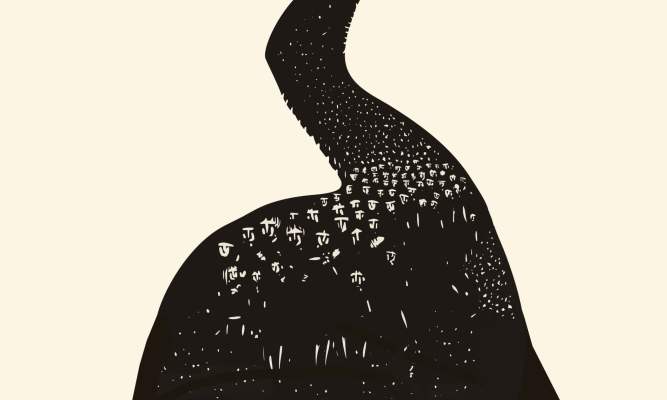There are no mass graves in Britain, but there are other ways people can vanish.
By Jonathan Wittenberg
Fri 28 Jun 2019
I
looked online and immediately found the title of Jean Paul’s book (Jean Paul is not his real name). It was exactly as the judge who eventually granted him asylum had noted: anyone who wanted to check Jean Paul’s political record in his native country had only to Google his name. The book is a study of democracy and its failings in Africa. Jean Paul has also published scholarly papers on the nature of language.
I met Jean Paul for the first time at the British Library, an institution devoted to the preservation of words, voices, testimony and knowledge. He told me about his experiences of flight and refuge, focusing on what he saw and heard while held in indefinite detention here in the UK. “You’ve no voice when you’re inside there,” he said.
But Jean Paul does have a voice. He has a degree in modern languages from the University of Strasbourg and a masters from Soas University of London, and has taught for many years in London schools, with a special focus on inspiring children from ethnic minorities. It takes only a few moments in his company to understand that he has a gift for communicating gentleness, energy and enthusiasm. He is skilled at helping others to find their voice.
So, I asked him, why did he want me, or anyone else, to tell his story? Wouldn’t it be more powerful coming directly from him? His response was that he needed someone else to hear, a person outside the immediate experience, to acknowledge and record what happened to him and to those whose sufferings he saw and shared. He wanted me to be his witness, not because his narrative required verification, but because of the fact of hearing itself; because it signifies that in a world that so often seeks to deny and disbelieve such accounts, his story has been absorbed by a listening heart.
We talked together for hours and, as I noted down what he told me, fearful of making mistakes, I became a partner in testament to the ongoing reality of cruelty and suffering. This is an obligation to which I am deeply committed – my own parents were both refugees from Nazism at the age of 16.
more:
https://www.theguardian.com/uk-news/2019/jun/28/britains-disappeared-indefinite-detention-refugee-tales
Categories: Europe, Europe and Australia, UK
